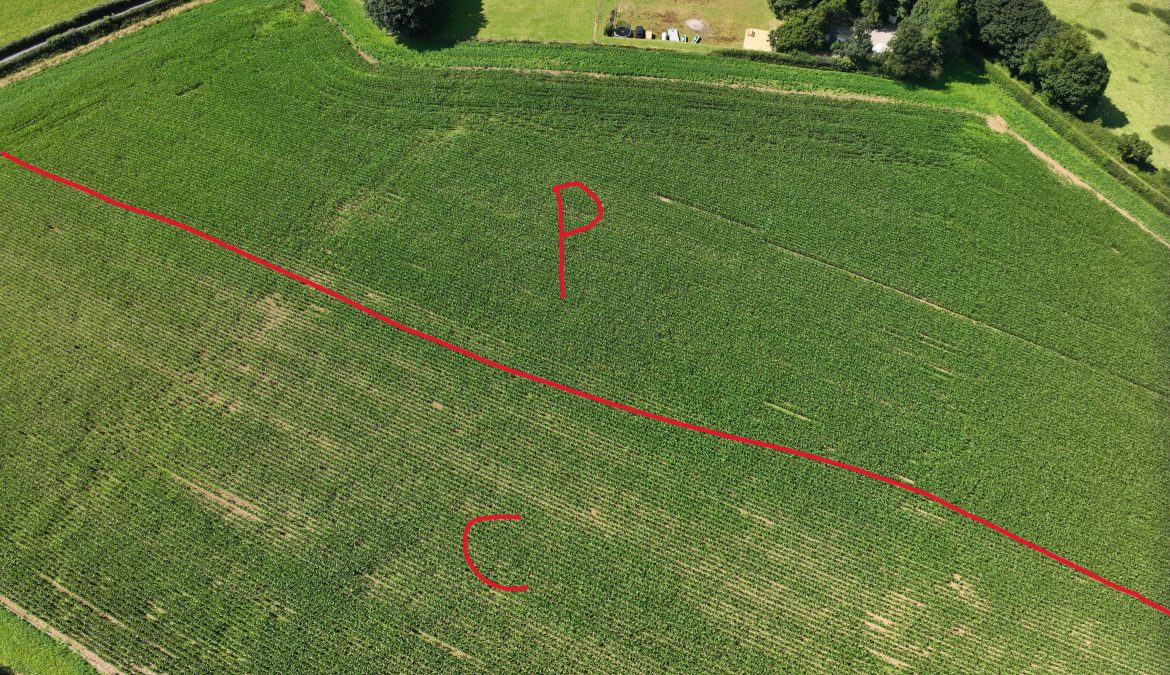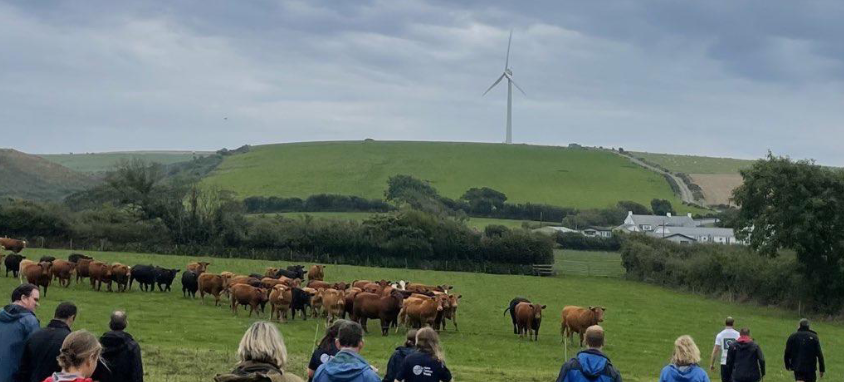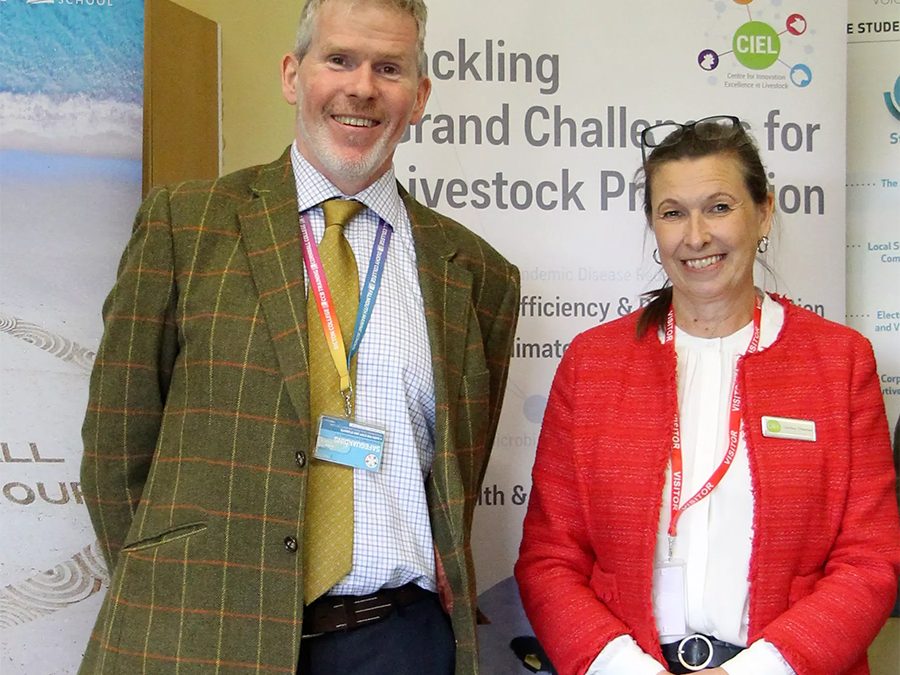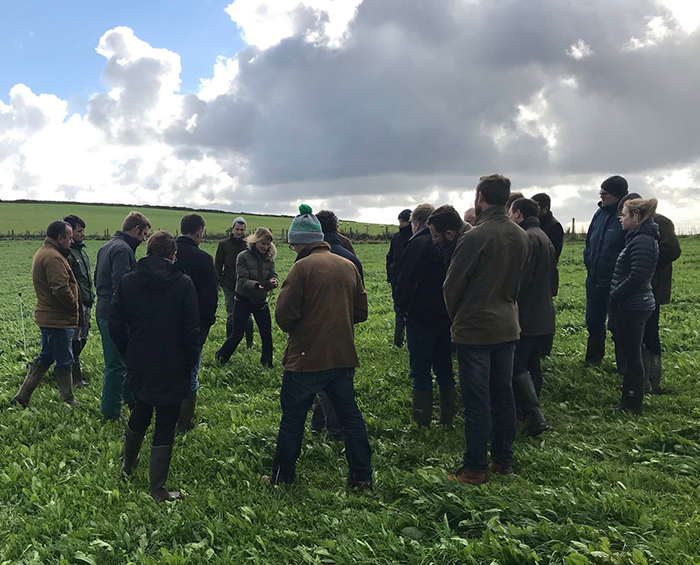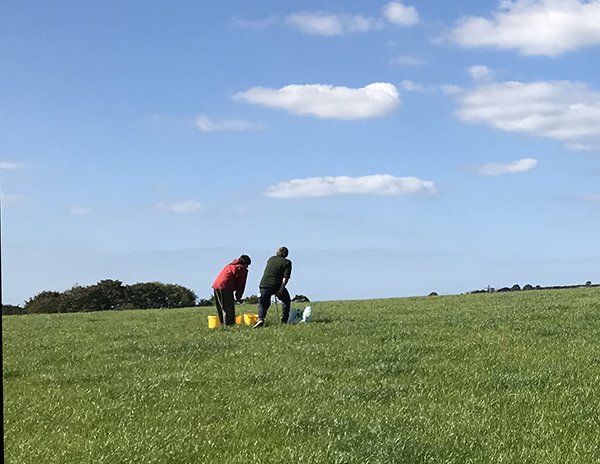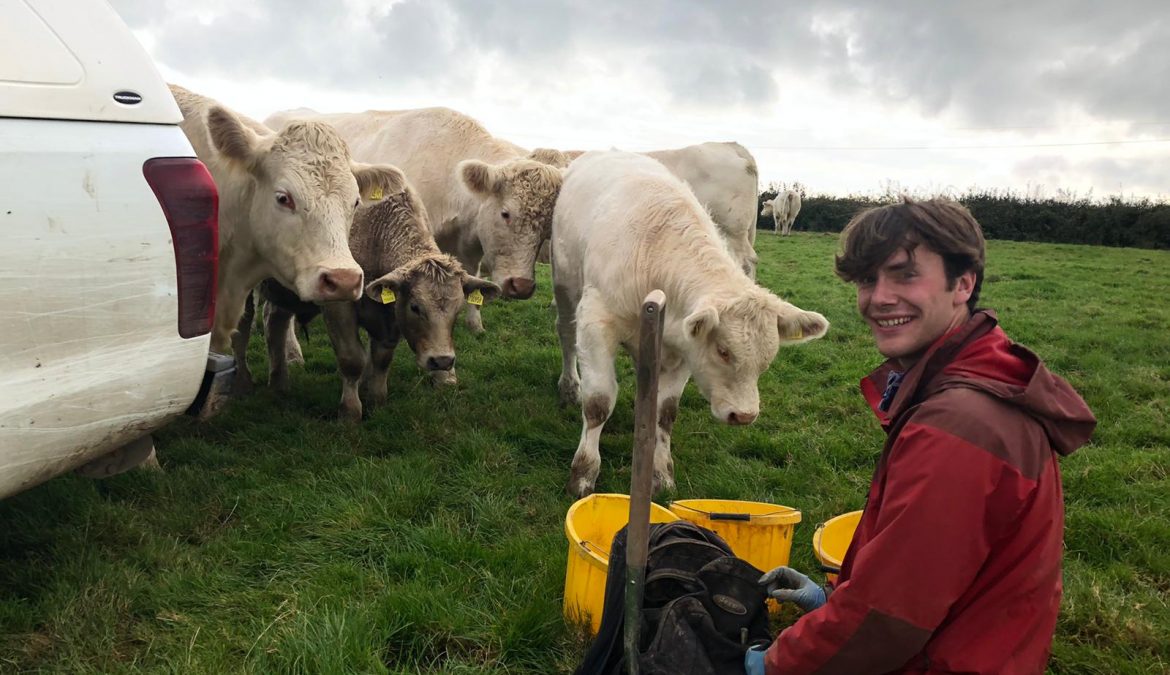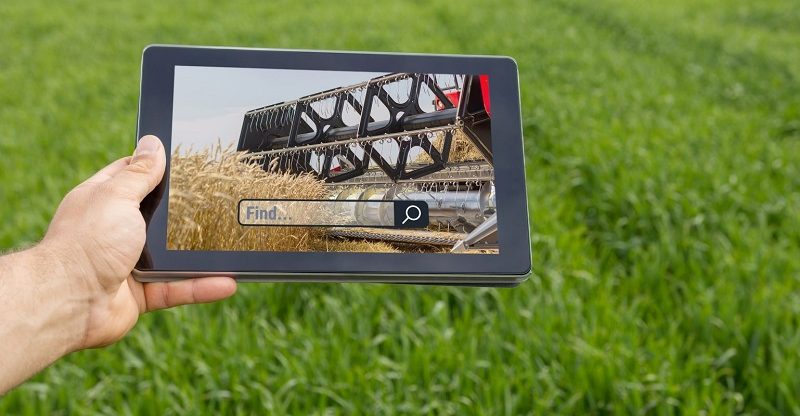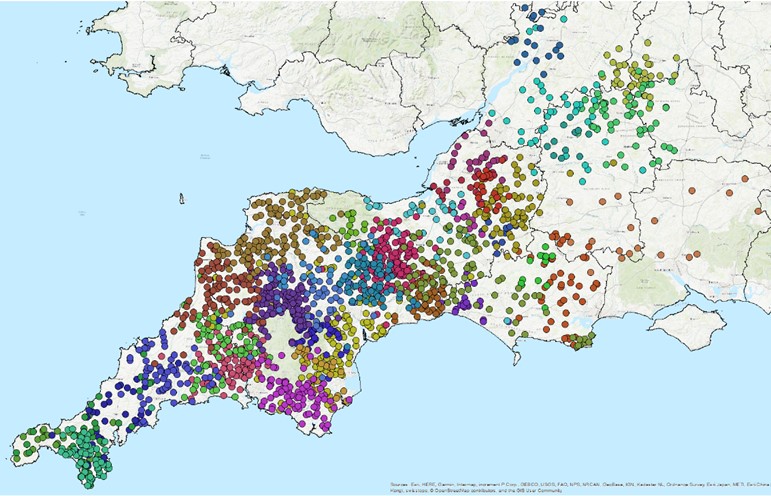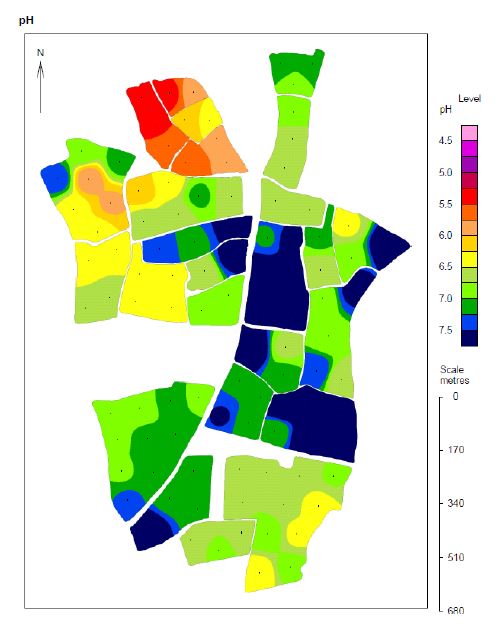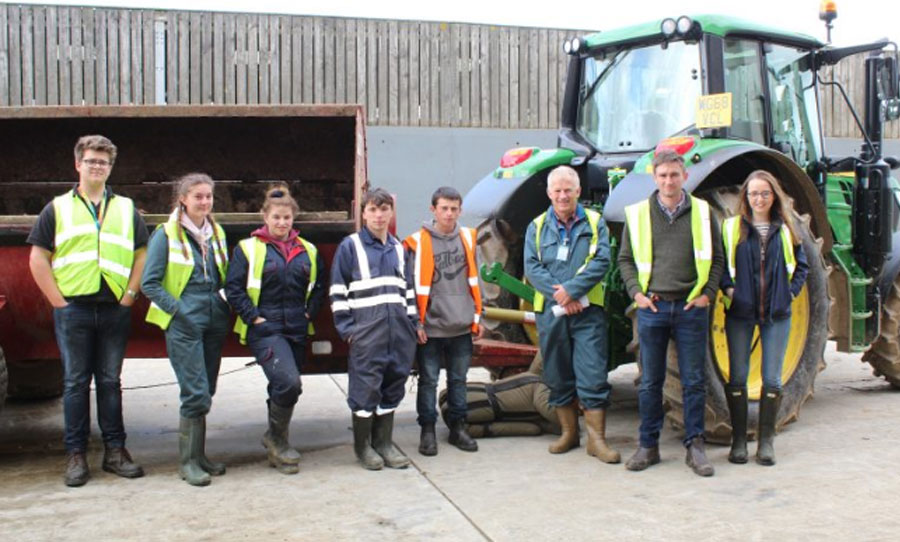In a celebration of research and innovation in sustainable dairy farming, Future Farm held its stakeholder launch event at Duchy College Stoke Climsland campus on Friday, 6th of May.
Guests and stakeholders came from across the country to experience the remarkable facility in action, showcasing the eco dairy systems along with first-hand insights on the project’s achievements.
Lyndsay Chapman, CEO at CIEL (the Centre for Innovation Excellence in Livestock) and keynote speaker at the event said:
“Future Farm is part of CIEL’s extensive national research alliance. With the South-West such an important and renowned region for British dairying, it’s fabulous that our joint vision to have a dairy research facility in the South-West at Duchy is now reality.”
Lyndsay set out CIEL’s work on connecting industry with research and finding innovative solutions to tackle the climate and environmental challenges – where livestock farming can be part of the solution. She highlighted CIEL’s recent report “Net Zero & Livestock: how farmers can reduce emissions”, an evidence-based summary setting out the options for farmers to mitigate their farm emissions. The report’s call to action for urgent adoption on farm of known mitigations along with developing new innovations are areas where Future Farm will play an important role.
Alongside research, Future Farm provides a facility for knowledge exchange with industry (farmers, their suppliers and buyers), and training and education for students at Duchy College Stoke Climsland and Bicton College, both part of The Cornwall College Group (TCCG).
As such, this cutting-edge facility, as well as its associated resources and most up-to- date findings in sustainable farming are shared, learned and practiced by the next generations of farmers and technicians.
Sarah Houghton – Vice Principal for Land-Based Education at TCCG said it was fantastic to “finally have people on the farm” after years of Covid restrictions.
“We’re delighted about the many opportunities this facility will provide researchers, but also our own students,” she continued.
“Three of our university students were onsite today who are finishing their dissertations and the excitement around the research opportunities is fantastic.”
First opened in November 2020, Future Farm proudly became one of a handful of research facilities in the sustainable dairy farming sector in the UK.
The £4m dairy research centre is making advancements in improving the efficiency, welfare, and technology in the dairy farming sector, by looking at aspects such as lowering the sector’s carbon footprint, improving and reducing the impact on the environment, and improving animal health and welfare.
Capable of housing up to 220 milking cows and using leading edge technology, Future Farm can provide information to improve the health of the livestock and the quality of their produce, and the health of the farm business and the environment.
Robin Jackson – Director at Rural Business School, also part of TCCG, said:
”Future Farm is a platform for research, teaching, and knowledge transfer. It’s something we build upon, and in particular, at its heart, it’s a precision dairy. In the building, we can evaluate different technologies and management regimes. So, we can look at inputs, we can look at improving the health and welfare of the livestock, and we can look at outputs: the milk and also the slurry waste. This slurry can have a significant value as a fertiliser and, potentially, as a substrate for fuel production “.
“Most of our projects are around a greener hoofprint. As nearly 20% of the emissions in Cornwall for greenhouse gases are associated with agriculture, and an awful lot of those are associated with livestock, we’re working with key stakeholders to reduce the carbon impacts in the dairy industry”.
Robin also explained how reducing carbon impact is achieved, mentioning “the dietary changes made to the cows” as well as “the use of methane capture technology”.
PARTNERSHIPS & FUNDING
Many of the research themes, principles and techniques that are now available at Future Farm dairy have been pioneered by the world-renowned Rothamsted’s North Wyke Farm Platform, also part of the CIEL research alliance.
The project was part-funded by the European Regional Development Fund, Cornwall Council, and the Council for the Isles of Scilly, and was part of the wider Agri-tech Cornwall Project in partnership with the Universities of Exeter and Plymouth, Rothamsted Research, and the Cornwall Development Company. For more information see www.agritechcornwall.co.uk
Duchy College is a member of CIEL, which provides a front door for research and innovation in livestock food production. CIEL’s funding contribution for Duchy Future Farm came through support from Innovate UK, the UK’s innovation agency.
For more information about CIEL see www.cielivestock.co.uk


